Navigating addiction recovery can be challenging when stress, a common relapse trigger, enters the equation. Your wellness and mental health depend on effective stress management strategies that cater to the unique demands of sobriety.
Understanding stress reduction techniques is key to reinforcing your recovery journey, from mindfulness and therapy to establishing supportive networks. This article outlines five proven methods to help you maintain balance and prevent relapse amidst life’s pressures.
Establish Healthy Routines
Establishing healthy routines is a cornerstone of addiction recovery, providing the structure and stability needed for improved productivity and well-being. Consistency in your daily life can fill free time with constructive activities, significantly reducing the risk of relapse. Here’s how you can build a resilient daily routine:
- Start and End Your Day Consistently: Wake up at the same time each day, even on weekends, to regulate your body’s clock. Wind down each evening with self-care activities like deep breathing or reading to improve sleep quality and reduce stress.
- Gradual Lifestyle Adjustments:
- Begin with small changes to avoid feeling overwhelmed.
- Reestablish simple morning routines and stay hydrated throughout the day.
- Introduce self-care practices, such as meditation or enjoyable hobbies, to enhance emotional well-being.
- Nutrition and Physical Activity:
- Maintain a balanced diet, avoiding excessive junk food.
- Keep active with simple exercises like jogging or weight training to release endorphins, boosting mood and resilience against stressors.
- Aim for 7-9 hours of quality sleep, seeking professional guidance if sleep disturbances persist.
By incorporating these steps into your daily life, you can foster a sense of control, rebuild self-esteem, and develop resilience against the stressors of recovery.
Exercise Regularly
Incorporating exercise into your daily life is a powerful way to combat stress during addiction recovery. Begin with manageable activities like a leisurely walk around your neighborhood. Commit to exercising every day, even if it’s just a short period, to build the habit.
- Start Simple:
- Take a walk daily.
- Gradually increase the duration as you feel more comfortable.
- Self-Care Through Exercise:
- Regular physical activity is a key component of self-care.
- Combine exercise with adequate sleep, nutritious meals, and engaging hobbies.
- Find Enjoyable Activities:
- Choose exercises you love, such as cycling, yoga, or swimming.
- Enjoyment increases the likelihood of sticking to your routine.
Remember, experts suggest aiming for at least 150 minutes of moderate exercise or 75 minutes of more intense activity each week, complemented by strength training sessions twice a week. Start slowly and steadily work up to these recommendations to ensure a sustainable and beneficial exercise regimen.
Practice Mindfulness and Meditation
Setting aside time for mindfulness can be a transformative practice in your recovery journey. Mindfulness-based interventions (MBIs) like Mindfulness-Based Cognitive Therapy (MBCT) and Dialectical Behavior Therapy (DBT) are specifically designed to help with addictive behaviors. They encourage a nonjudgmental acceptance of your thoughts and feelings, helping you make more mindful choices. Here are some ways to integrate mindfulness into your daily routine:
- Begin with Mindfulness Meditation:
- Start with short sessions and gradually increase your time.
- Use apps or join groups for guided meditation to help you stay focused.
- Incorporate Different MBIs:
- Explore therapies such as MBCT, DBT, Acceptance and Commitment Therapy (ACT), or Mindfulness-Based Relapse Prevention (MBRP).
- These therapies can rebuild cognitive control and improve your response to stressors.
- Regular Relaxation Techniques:
- Engage in deep breathing, yoga, or muscle relaxation exercises.
- Activities like coloring, taking a warm bath, or listening to music can also promote relaxation.
By practicing these techniques, you can enhance your ability to cope with stress, reduce cravings, and support your long-term wellness in recovery.
Connect with Supportive Networks
Building a strong support network is a vital element of sustaining recovery from addiction. Here are some practical steps to connect with supportive individuals and groups:
- Seek Out Meetings and Support Groups: Regular attendance at meetings, such as those offered by sobriety support groups, provides a platform to share experiences and gain insights from others who understand the recovery journey.
- Professional Help: Don’t hesitate to seek therapy, counseling, or medication management if needed. These professional services can offer tailored support and coping strategies.
- Healthy Coping Mechanisms: Replace harmful habits with beneficial ones. Identify your triggers and find activities like writing or art therapy that provide a healthy outlet for stress.
Remember, it’s crucial to surround yourself with people who encourage your sobriety. Stay away from former associates who do not support your recovery, as this can increase the risk of relapse. Instead, focus on fostering relationships with those who back your decision to remain abstinent. Engage in therapeutic communities or programs like those at Canyon Vista Recovery Center, which offer a blend of clinical and holistic care. Peer support, as shown in numerous studies, can lead to better substance use outcomes and increased treatment engagement.
Additionally, family support plays a significant role in recovery. Abstinence-specific support from family can decrease the likelihood of substance use recurrence. In contrast, maintaining relationships with individuals who do not support your recovery can be detrimental. Therefore, it’s essential to build a network that is conducive to your sobriety goals.
For personalized support, consider joining groups at Family Restoration Counseling Services or reaching out to St. Joseph Institute for Addiction, which provides relapse prevention services. Engaging with these resources can offer a sense of belonging and accountability, crucial for a successful recovery.
Embracing Wellness and Reducing Stress for Lasting Recovery at Liberty House Recovery Center
The journey towards a sustainable recovery from addiction demands careful attention to stress management—crucial in mitigating relapse risks. Adopting and embracing healthy routines, committing to regular exercise, practicing mindfulness, and seeking meaningful connections can arm individuals with powerful tools for maintaining equilibrium in the face of life’s pressures. These time-tested methods collectively offer a shield against stress, serving as a bridge to continued sobriety and improved quality of life.
As we consolidate our resilience against addiction, remember that the reinforcement from supportive networks can be transformative. Building healthy relationships and participating in communities focused on sobriety, such as Liberty House Recovery Center create an essential safety net.


